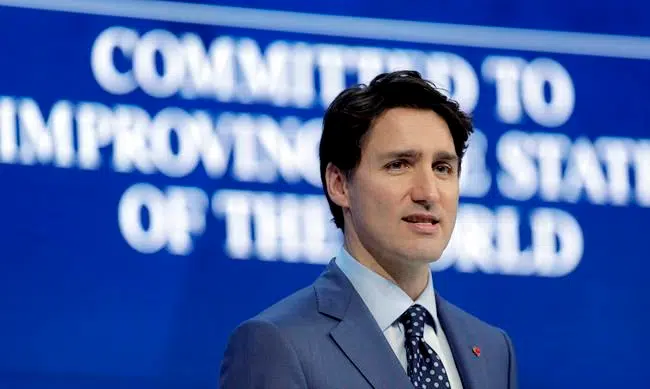
Baloney meter: Is Justin Trudeau’s ethics breach a first in Canadian history?
OTTAWA — “Justin Trudeau broke the law. A first in Canadian history for any sitting Prime Minister.” — Tweet from Conservative Leader Andrew Scheer, Jan. 5, 2018.
____
In December, Mary Dawson, then the conflict of interest and ethics commissioner, found Prime Minister Justin Trudeau contravened four sections of the Conflict of Interest Act in relation to vacations on a private island owned by the Aga Khan.
The findings prompted Andrew Scheer to tweet that Trudeau had broken the ethics law, a historical first for a prime minister of Canada.